August 28, 2018 by Karen Bowen amd Dr. Joe Miskin from miskindental.ca Unless you constantly sing along with the radio while alone in your rig, your closed mouth creates an excellent environment for bacterial growth. Fortunately, although your mouth is teeming with bacteria, your body’s natural defenses partnered with good oral health care can keep them at acceptable levels. However, improper oral hygiene may lead to mouth infections, tooth decay, gum disease, and general poor health.Recent studies show that your oral health gives clues about your overall health and that mouth issues may also affect other parts of your body. These studies suggest that oral bacteria and the inflammation associated with periodontitis (a severe form of gum disease) might increase your risk of developing some diseases, while other diseases, such as diabetes, may lower your body’s resistance to infection, making oral health problems more severe.You can circumvent these issues by regularly monitoring your oral health habits – keep your teeth clean to reduce cavities, gum disease, and other related conditions. Avoid tobacco usage; eat a healthy diet; floss; limit sweet snacks between meals; and, thoroughly brush your teeth at least twice daily with fluoride toothpaste.For brushing, pack the proper equipment. A fluoride toothpaste with a soft-bristled toothbrush or an electric/battery toothbrush are recommended to reduce plaque build-up and prevent mild gum disease (gingivitis).As well, use proper technique. Hold your toothbrush at a slight angle with the bristles directed toward the area your tooth meets the gum. Brush gently, with short back-and-forth motions. Brush all tooth surfaces, and even your tongue.Maintain your dental equipment. Always rinse your toothbrush with water after brushing; then, stand it in an upright position to air-dry between uses. Storing it uncovered will prevent mould, yeast, or bacteria growth. Keeping your toothbrush separate from others will prevent cross-contamination. For optimal results, replace your toothbrush every three to four months as the bristles become frayed.For the tight spaces between your teeth and under the gumline that your toothbrush can’t reach, floss. When flossing, take about 18 inches of dental floss and wind most of it around the middle finger of one hand and the rest around the middle finger of the other hand. Then, grip the floss tightly between your thumbs and forefingers. Using a rubbing motion, gently guide the floss between every tooth, one at a time. At the gumline, curve the floss against one tooth and then the other.Unwind fresh floss, as needed, as you move around your mouth.If you find managing floss a bit challenging, try these other interdental products which also work well: a dental pic; a pre-threaded flosser; plastic toothpicks with tiny brushes; a water flosser; or a wooden/silicone plaque remover.It doesn’t matter whether you brush or floss first, as long as you’re thorough. Swishing mouthwash between your teeth also effectively limits bacterial growth.Your saliva naturally plays an important role in maintaining a healthy mouth by neutralizing acids produced by bacteria, transporting food particles, and preventing them from sticking to your teeth. When your mouth becomes dry, compensate by sipping water or chewing sugar-free gum. Retain oral moisture by breathing through your nose (not mouth), and monitor medications since some decongestants, antihistamines, painkillers, diuretics, and/or antidepressants reduce saliva flow.Although a combination of consistently good personal oral hygiene, and regular dental cleanings and exams usually prevents gum disease and related health concerns, contact your dentist if you experience: red, tender or swollen gums; gums that bleed when you brush or floss; gums that begin pulling away from your teeth; loosened permanent teeth; changes in the alignment of your top and bottom teeth; unusual sensitivity to hot and cold; persistent bad breath; a constant, unusual taste in your mouth; changes in how your dentures or partial dentures fit; difficulty swallowing; and/or mouth ulcers or sores that won’t heal.Be proactive. The health benefits of packing a small bag with water, gum, mouthwash, floss, toothpaste, and a toothbrush could be enormous.
Watch your Mouth …… from Truck Driver News

